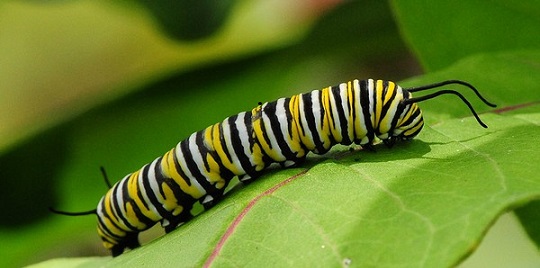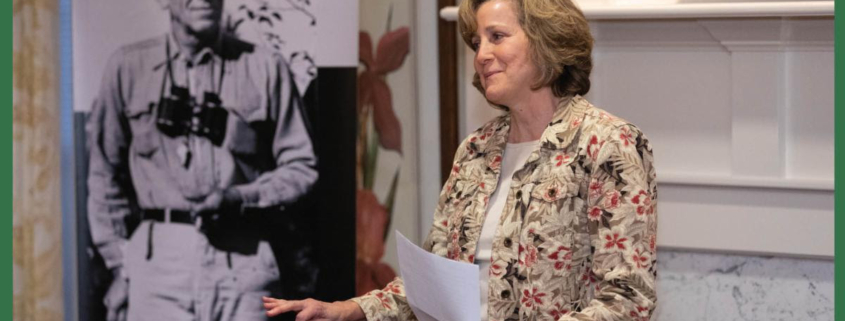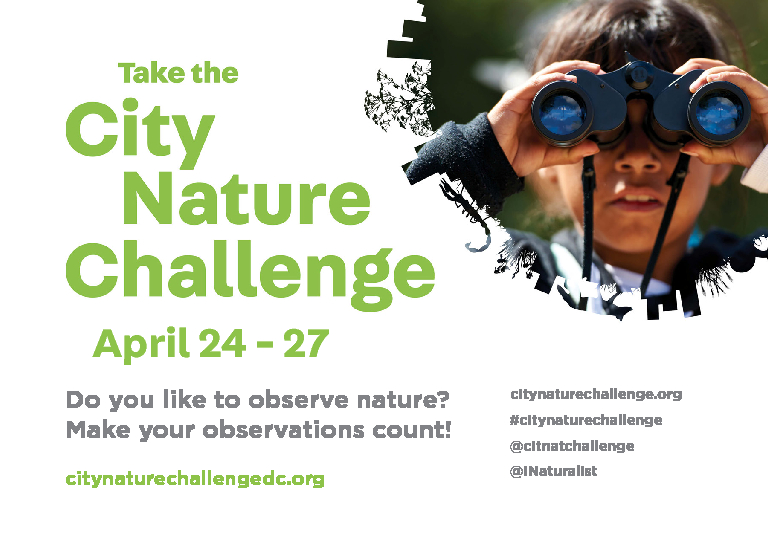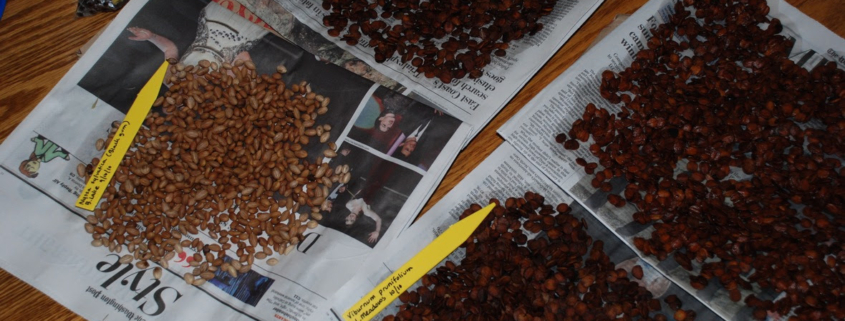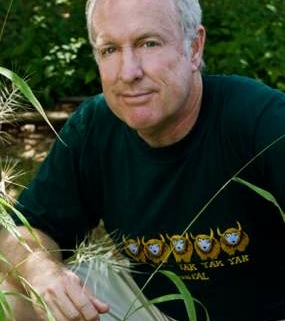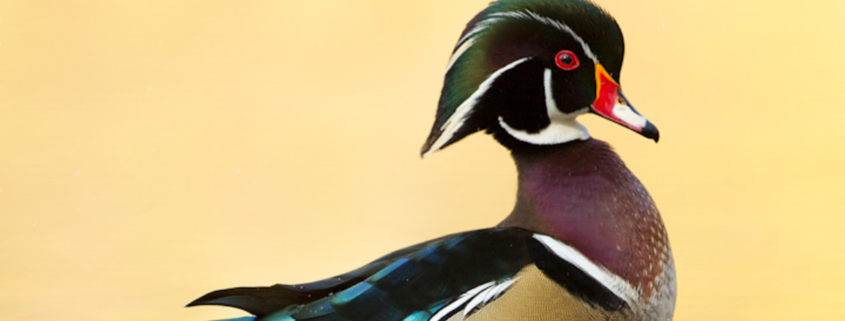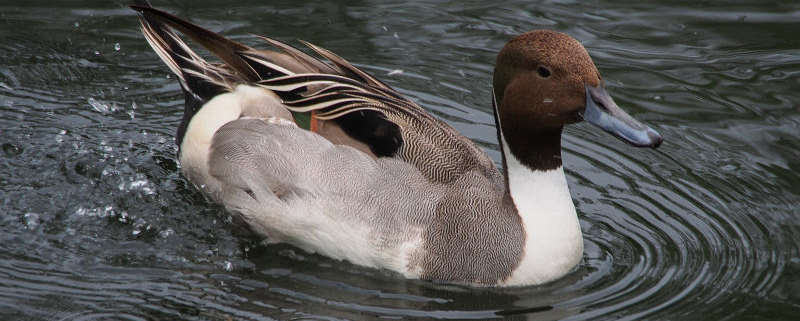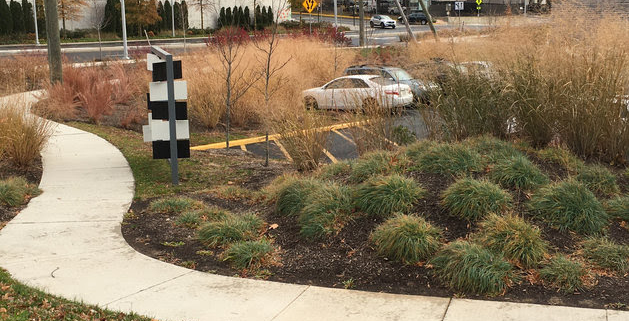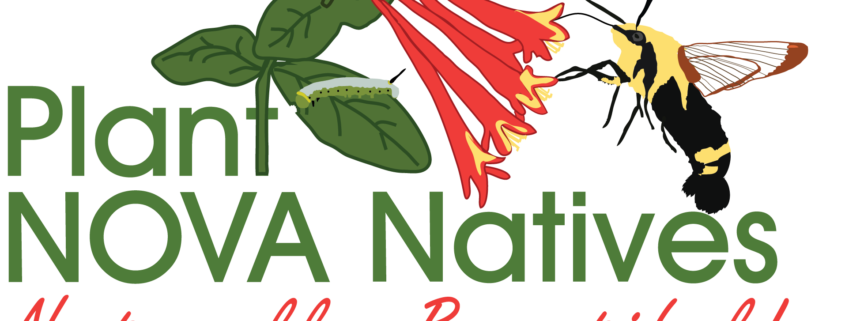Article by: Carrie Seltzer
Stella Tarnay
Deborah Barber
DC area CNC co-organizers
The City Nature Challenge is a friendly, annual, global competition to record biodiversity. From April 24-27, 2020, participants will document wild plants, animals, and fungi using the iNaturalist mobile app and website. The Washington DC area is participating! Following the observation period, everyone will pitch in, with the help of experts, to identify what they’ve seen in our region– and compete globally for most species observed. Winning cities will be announced on May 4. It’s like a virtual bioblitz where you can participate from anywhere in the region.
Do you know an organization in the broader DC metro area that cares about biodiversity? Please join an introductory phone call on Tuesday, January 7, 10-11 am to learn more about the City Nature Challenge.
The Washington Metropolitan Area has participated annually since 2017. Dozens of environmental organizations, parks, libraries, nature centers, and other local groups help spread the word and incorporate iNaturalist into events. There are many ways to be involved and many ways to collaborate with other organizations.
We have outreach materials in Spanish, encourage bilingual events, and welcome other ideas for broadening participation.
Think you’re too far from DC to be included? Check! Beyond Washington, DC, the following counties in VA, MD, and WV are in range:
Virginia-Alexandria, Arlington County, Clarke County, Culpeper County, Fairfax County, Fairfax, Falls Church, Fauquier County, Fredericksburg, Loudoun County, Manassas, Manassas Park, Prince William County, Rappahannock County, Spotsylvania County, Stafford County, and Warren County.
Maryland-Calvert County, Charles County, Frederick County, Montgomery County, and Prince George’s County. Baltimore and surrounding counties organize separately-contact Maura Duffy at [email protected].
West Virginia-Jefferson County
Bold counties indicate places where there hasn’t been very much participation yet so we are especially interested to have groups from those areas, but organizations from any area are welcome to join.
You can see on iNaturalist what has been recorded each year in the City Nature Challenge and how participation has grown.
2017 >900 species and 200 people
2018 >1700 species and 900 people
2019 >2100 species and 1300 people
We hope you’ll Join this exciting event in 2020 and we look forward to connecting with new groups across the region!


